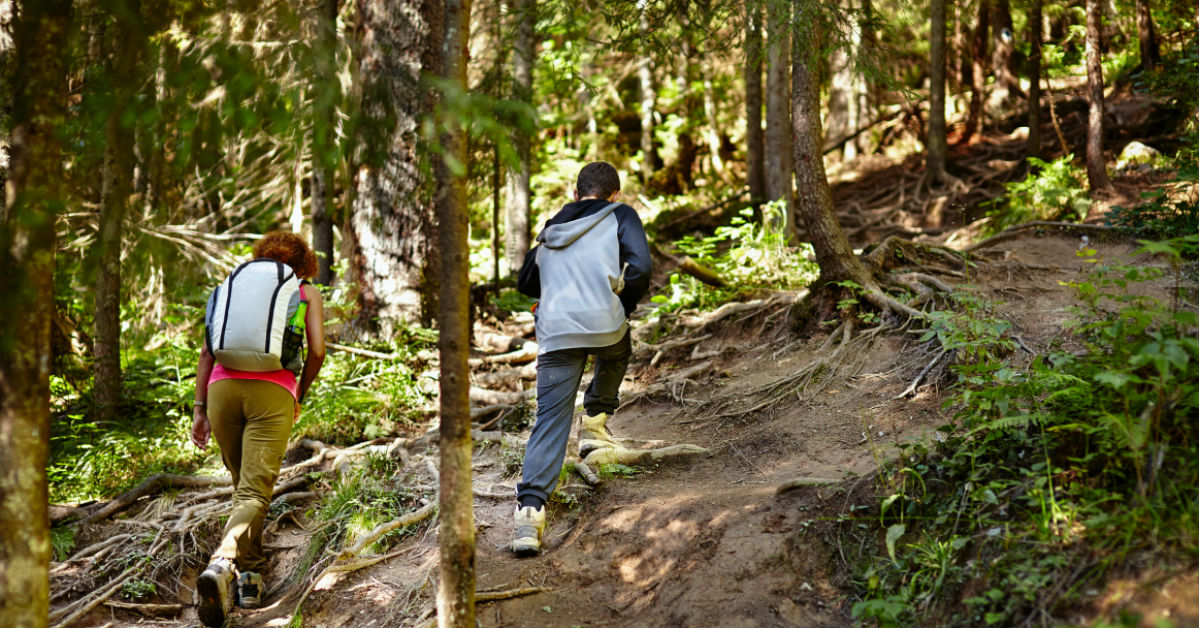What do residential therapeutic boarding schools help teens with that traditional schools can’t? Many parents have asked themselves this question, hoping that their troubled teen’s traditional junior high school or high school has the resources to curb their child’s bad behavior. However, the answer is simply that traditional schools simply don’t have the people, the money or the training to really help kids with serious problems. That’s where residential boarding schools come in.
There are therapeutic boarding schools in nearly every state, and each one is designed to help troubled teenagers overcome the problems they have that are preventing them from living with their family and doing well in school. When teens have issues with depression, anxiety, ADD/ADHD, behavioral issues, mental health challenges, substance abuse, learning disabilities and more, the traditional schools simply can’t help like a specialized school when it comes to overcoming challenges, staying in school and providing structure.
If your teenage son has a difficult time with his challenges in traditional schools, you know how frustrating it feels to watch their lives go down the drain and to see them self-destruct. Traditional schools simply don’t have the resources available to effectively work with teens that need special help. The teacher to student ratios are high, teachers aren’t trained for particular learning disorders, counselors are not adequately prepared to provide therapy and administrators are quite overwhelmed with many other tasks. Also, there are licensed therapists that hold individual and group therapy sessions to help kids get to the root of their problems. That’s why therapeutic boarding schools are the right place to send your child, because they focus on helping your teen with his problems, not making your teen fit in with others by ignoring them.
At these schools, teens live in dorms or houses under a structured environment and close supervision. They live and learn under the care of trained adults who understand specifically how to help them. Teens must do chores and help others, attend school, and participate in a range of outdoor and character-building activities. These schools offer many extracurricular activities, like horseback riding, canoeing and kayaking, snow sports, water sports, team and individual sports, and after-school clubs like drama or debate. Academics are important and teens can keep up with their peers and even take college prep courses or job training classes if they are interested.
In summary, residential therapeutic boarding schools deliver the tools, techniques and support that teens need to deal with their own challenges. Unlike traditional schools, these types of boarding schools are specially designed to turn troubled teens into successful adults.










0 Comments